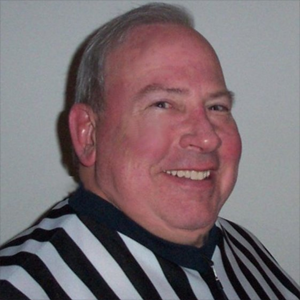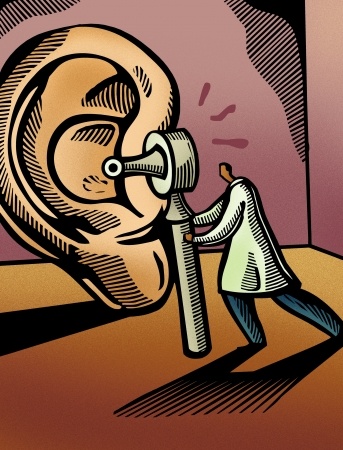
Rndballref
20 Years Experience
Chicago, IL
Male, 60
For twenty years I officiated high school, AAU and park district basketball games, retiring recently. For a few officiating is the focus of their occupation, while for most working as an umpire or basketball referee is an avocation. I started ref'ing to earn beer money during college, but it became a great way to stay connected to the best sports game in the universe. As a spinoff, I wrote a sports-thriller novel loosely based on my referee experiences titled, Advantage Disadvantage
The ref should stop the game right away if a player is injured or in imminent danger. The ref can delay the play stoppage to allow the offensive team to complete a play if there is no immediate danger to any players. The refs are also to stop play immediately if there is a vision issue such as lost contact lense or glasses knocked off someone's head.
In your situation, I would have let the offense finish the play - BUT if the offense was driving to the basket and then kicked the ball back out out to reset the play, I would have stopped the game,
If the ball is live, then any foul can be called. If the ball is dead, the only foul which can be called is a technical.
On a throw in, the ball is live (even though the clock is not running) when it is at the disposal of throw in player ... in other words when the referee hands or bounces the ball to the player. So, yes a common foul can be called before the clock runs.
It is not traveling if a hand touches the floor as long as your feet have not violated the traveling rules. Any other part of your body (beside hands and feet) touching the floor while in control of the ball constitutes traveling.
The technical fouls offset and we go to the possession arrow for a throw in at half court.
Police Officer
 Have you ever been shot or seriously injured on the job?
Have you ever been shot or seriously injured on the job?
Air Traffic Controller
 What was it like in the tower on 9/11?
What was it like in the tower on 9/11?
Audiologist
 How come people with hearing aids still can't seem to hear?
How come people with hearing aids still can't seem to hear?
You cannot travel or double dribble on a free throw. Likewise, a player is allowed to dribble in the paint will standing behind the free throw line. Unless the count was closing in on 10 seconds, I would return the ball to the free throw shooter and start a new 10 second count.
No. After returning to the floor the player is no longer in the act of shooting. It should be a non-shooting common foul.
As you describe it, it is traveling. If you catch the ball with both feet on the ground, when you lift one of the feet the other becomes the pivot. But if a player hops, neither foot is a pivot and it is traveling.
-OR-
 Login with Facebook
Login with Facebook (max 20 characters - letters, numbers, and underscores only. Note that your username is private, and you have the option to choose an alias when asking questions or hosting a Q&A.)
(A valid e-mail address is required. Your e-mail will not be shared with anyone.)
(min 5 characters)
By checking this box, you acknowledge that you have read and agree to Jobstr.com’s Terms and Privacy Policy.
-OR-
 Register with Facebook
Register with Facebook(Don't worry: you'll be able to choose an alias when asking questions or hosting a Q&A.)